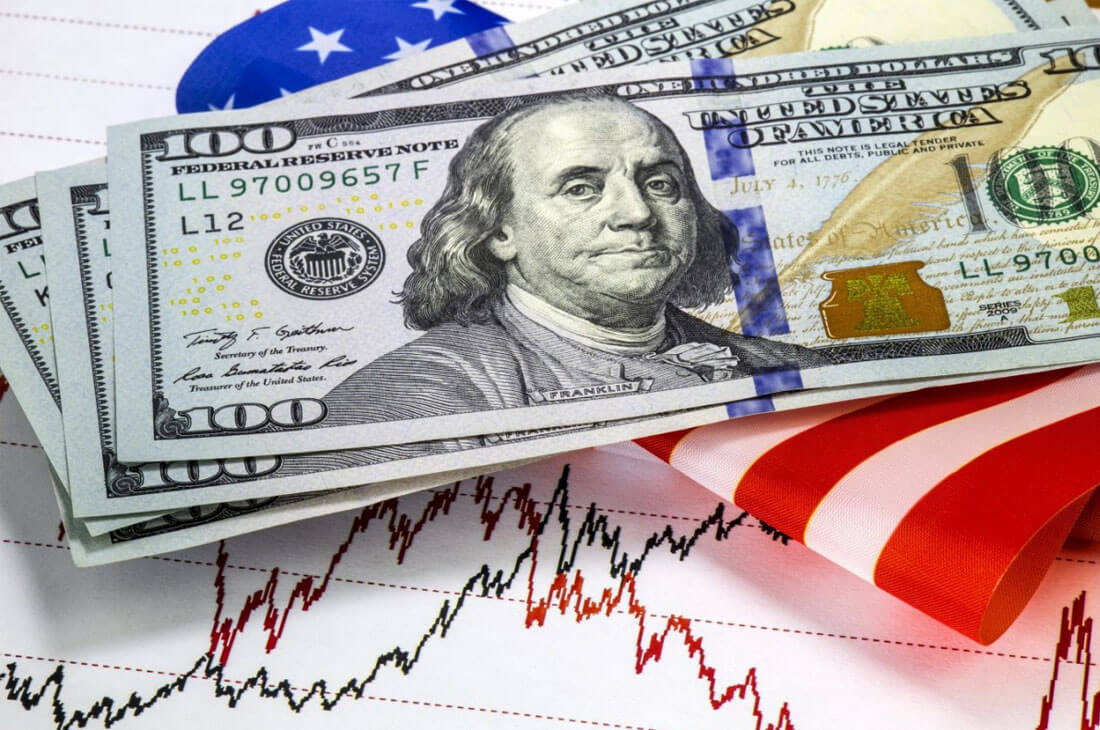Accoridng to the latest news, the U.S. dollar held a one-week low against its competitors on Thursday. Investors unwound some of their safe-haven demand for the dollar as the U.S. presidential election entered its final stretch.
Joe Biden, the Democratic challenger, is predicted to win the U.S. election over President Donald Trump after pivotal victories in Wisconsin and Michigan.
But financial markets were strengthened for days or even weeks of uncertainty as Trump has opened a multi-pronged attack on vote counts in different states by pursuing lawsuits and a recount.
The dollar index traded at 93.23 against six major currencies. Significantly it declined by 0.2% in early London trading.
Furthermore, some of the most substantial gains witnessed currencies which had borne the brunt of Trump’s protectionist policies in the last years. Expect for that, and the Chinese yuan sharply increased to more than a two-year high against the U.S. dollar.
Another significant thing to mention is that, the euro gained 0.3% from the previous session. And it settled at $1.1760 as some investors bet on a Joe Biden win.
According to a chief global strategist at Nikko Asset Management, John Vail, the euro flew around the last couple of days. However, in the end, it does look like the euro tends to be more powerful under a Biden win.
The sterling diminished early losses to break above $1.30
The sterling broke above $1.30 after the Central Bank ramped up its bond purchase plan.
Broader currency market volatility gauges declined, with a widely-watched index falling to more than three-month lows.
The British pound diminished early losses. It broke above $1.30 on Thursday, October 5. Though the Bank of England limited gains plan to ramp up bond purchases after cutting economic growth forecasts.
The sterling increased by 0.3% at $1.3019 in early London trading, whereas it declined by 0.2% in Asian trading. Moreover, against the euro, it hit 90.39 pence.
Significantly, the Bank of England (BoE) gained its already huge bond-buying stimulus on Thursday by a further 150 billion pounds as it sought to cushion Britain’s struggling economy against the hit from a second coronavirus lockdown.
According to Bank of England, it foresees Britain’s economy to decline by 11% this year, compared with a 9.5% contraction forecast in August.
The sterling lost ground overnight on media news that the Bank of England considers a move into negative interest rates. Furthermore, the Central Bank kept rates unchanged on Thursday.











